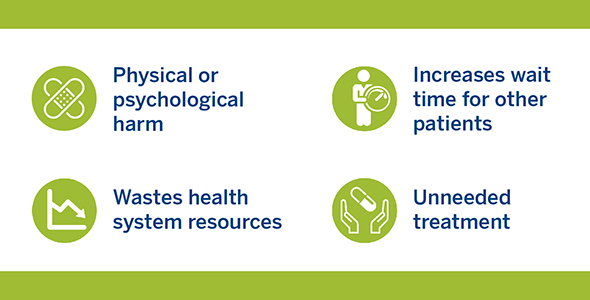The Global Sepsis Alliance has stated that COVID-19 can cause sepsis, the body’s overwhelming and life-threatening response to an infection that can lead to organ damage and death. In the U.S., one in three patients who die in a hospital die of sepsis. Many different types of infections can cause sepsis, but the most common cause is pneumonia.
Three Antimicrobial Resistance Trends We Saw in 2019
Candid auris infections took the public by surprise, the CDC added two new microbes to its list of Urgent Threats, and a KFF poll suggested that awareness of antimicrobial resistance is on the rise.
Invasive Fungal Infections Can Lead to Sepsis—And Have a High Mortality Rate
Invasive Candida infections are associated with a high mortality rate. Early diagnosis of invasive candidiasis (a serious Candida infection in the blood or internal organs) is critical in order to initiate antifungal treatment promptly.
Why is Inappropriate Diagnostic Testing Harmful and What We Can Do About It?
Each year, doctors in the U.S. perform more than 4 billion diagnostic tests, which have become more sophisticated and easier to execute as technology has improved. However, research has found that many physicians assume tests are more accurate than they are.
The Value of Diagnostics in Combatting Antimicrobial Resistance – A Public Health Problem
At this year’s World Anti-Microbial Resistance Congress, Dr. Tristan Timbrook delivered a...
Lindsay Denny Discusses the Critical Role of WASH in Preventing Infectious Diseases and Fighting Antimicrobial Resistance
WASH, which stands for water, sanitation, and hygiene, are basic...






